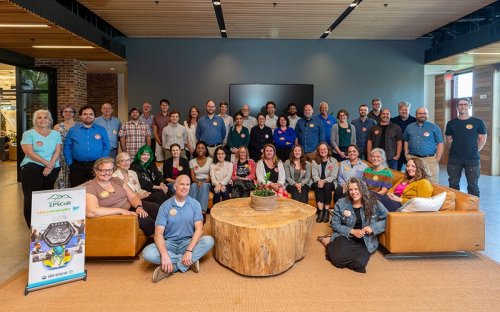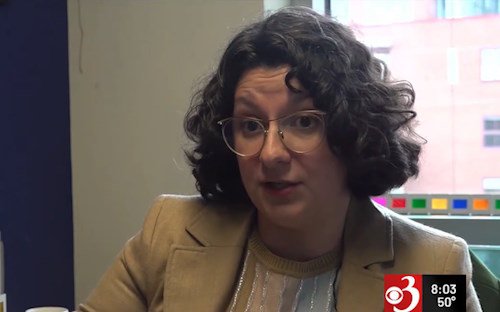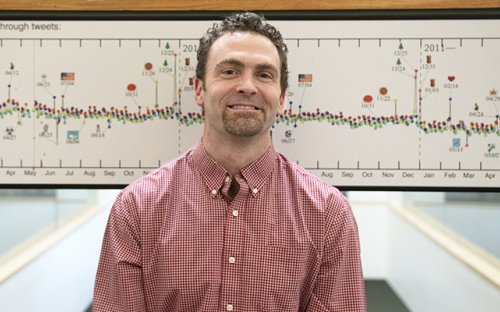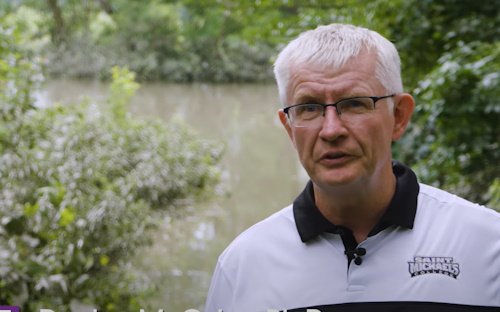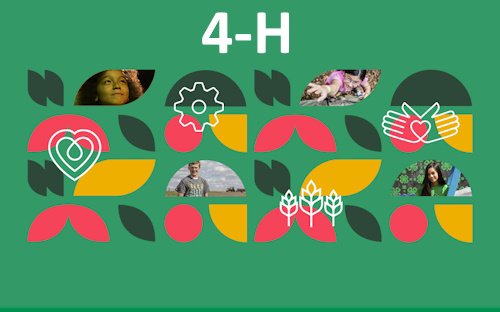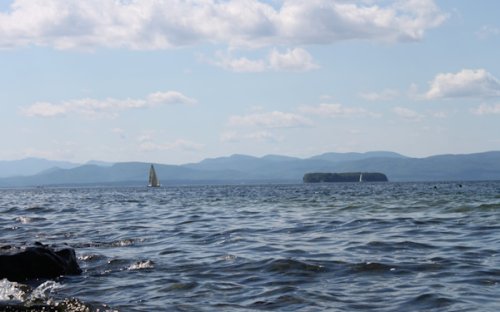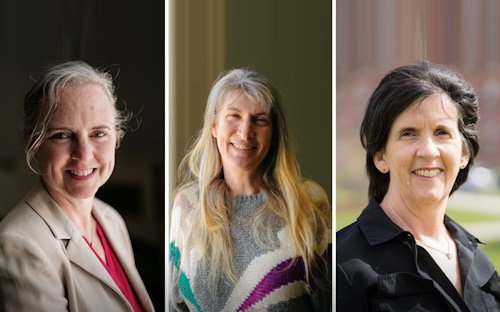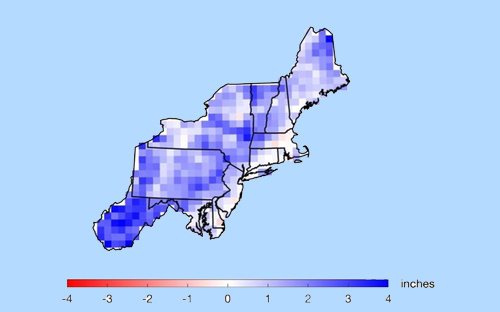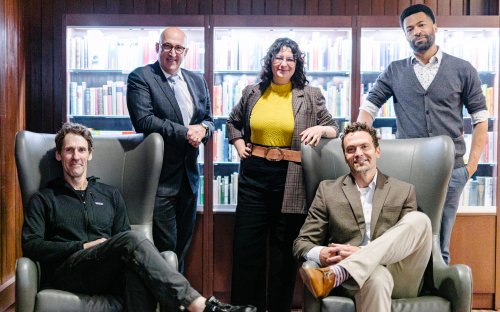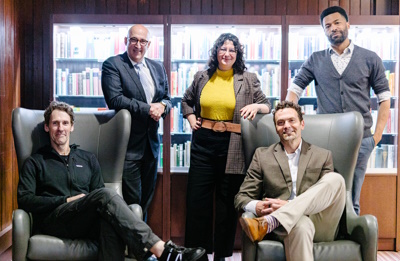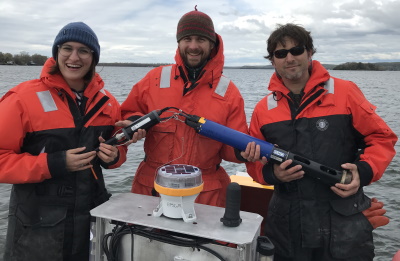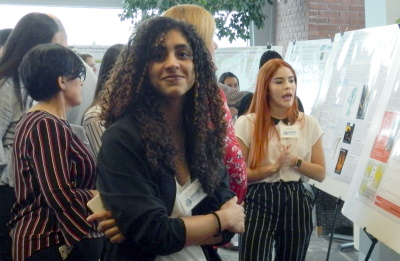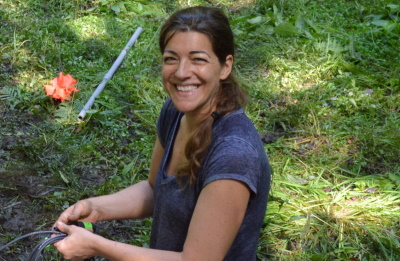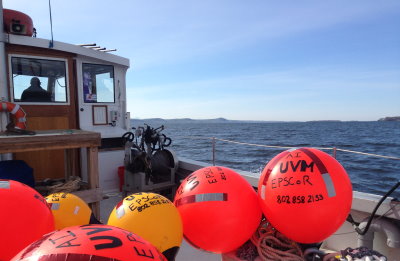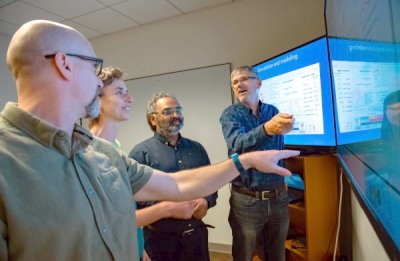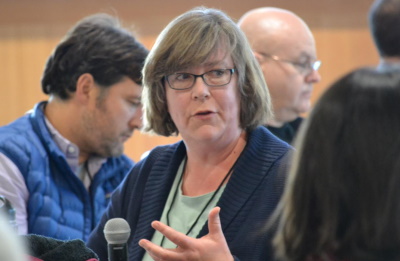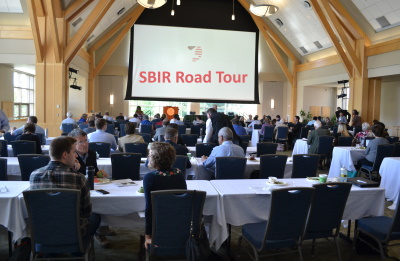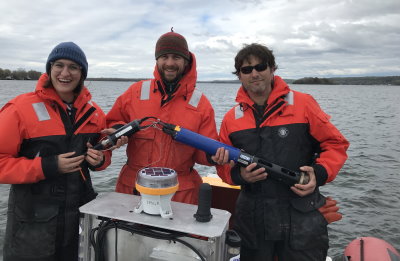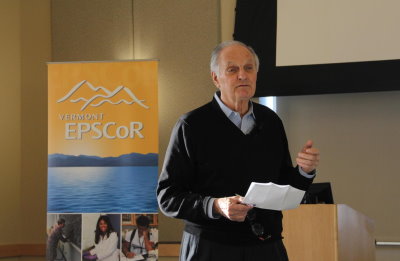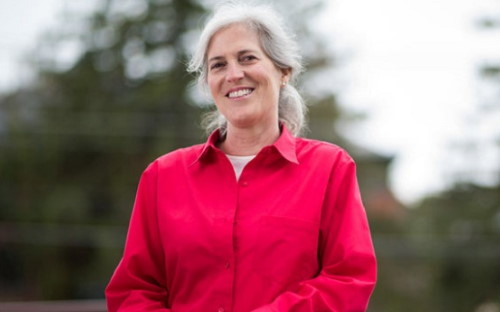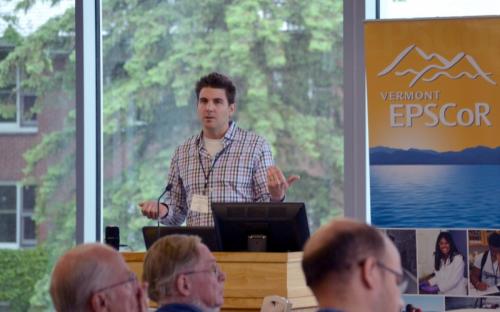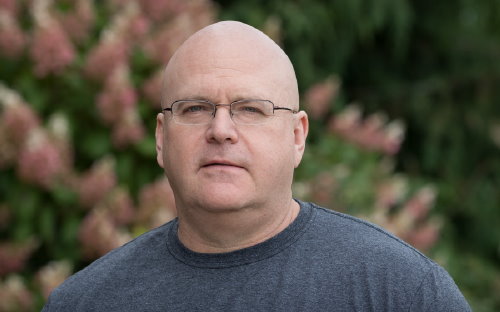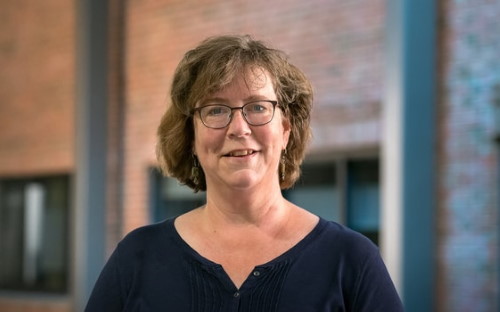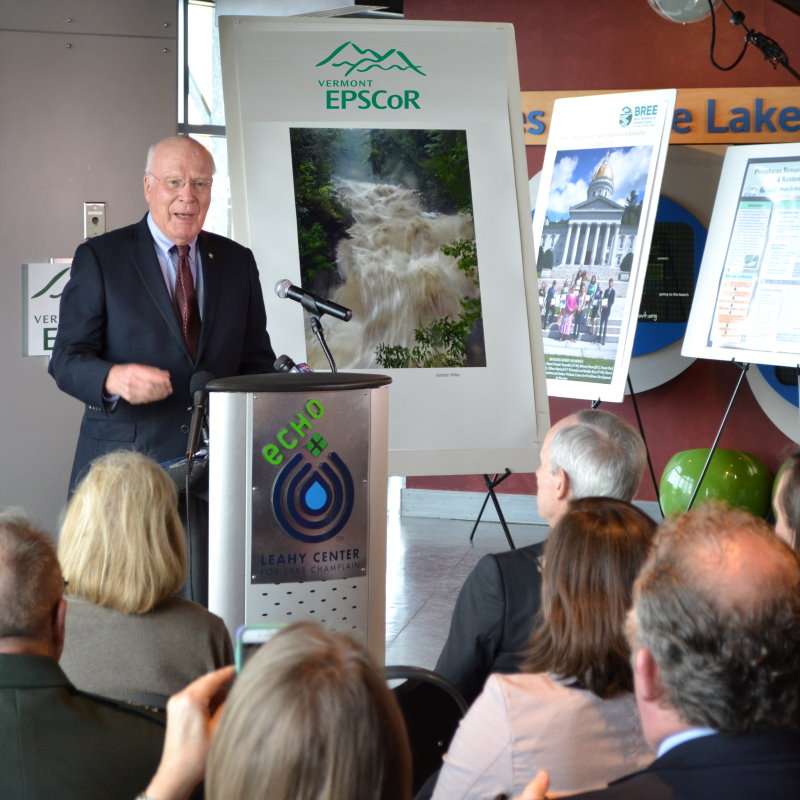
 About Vermont EPSCoR
About Vermont EPSCoR
The Vermont Established Program to Stimulate Competitive Research (VT EPSCoR) helps build
the state's capacity for scientific research and trains a diverse, prepared science,
technology, engineering and mathematics (STEM) workforce. We do this through multi-year,
federally funded projects that integrate statewide higher institutions, stakeholders,
private sector, partners and collaborators. Together, research teams, post-doctoral
associates and graduate students work to advance science and engage stakeholders,
undergraduate interns and high school teams to discover new scientific knowledge,
share broadly with diverse communities, and train the next generation of innovators.

Current Research

Harnessing the Data Revolution for Vermont: The Science of Online Corpora, Knowledge, and Stories (SOCKS)
For more information about SOCKS, please visit the SOCKS Website.
 Prior Research
Prior Research
The BREE project helps identify strategies for resilience in the social ecological system of the Lake Champlain Basin. Research methods include creation of a new soil sensor network, leveraging of existing water sensors for redeployment, and development of new models, including land use and network models that capture the cognitive behaviors and opinions of land users and policy makers.
More ...
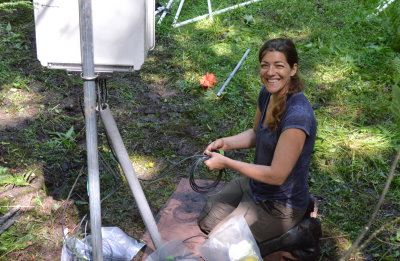
Ecological Systems
Responsible for developing a new configuration of environmental sensors from UVM and Middlebury College in an observation network that spans the important interface between the terrestrial and aquatic environments.
Video
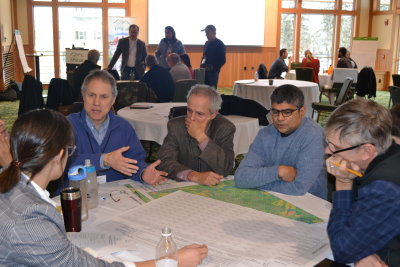
Social Systems
Focuses on building calibrated, predictive models of the governance networks and sub-networks responsible for promoting existing and future hazard reduction practices for water quality resilience.
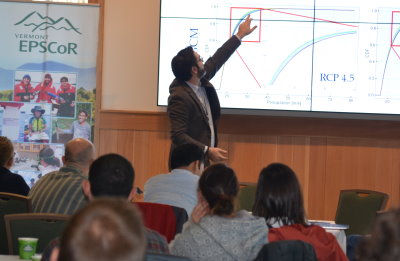
Integrated Assessment
Undertakes the development of the BREE Integrated Assessment Model (IAM) using novel complex systems approaches.

Climate
Studies how the frequency, intensity, and spatial scale of extreme weather events have changed this century and what local climate feedbacks will evolve through altered surface reflectance (albedo) and moisture fluxes.
 Education Outreach and Inclusion
Education Outreach and Inclusion
The VT EPSCoR Center for Workforce Development and Diversity works to advance inclusivity across disciplines to strengthen, cultivate and prepare students in science, technology, engineering, and math (STEM) fields. Students and teachers are integrated into active research areas and teams as we strive to inspire students to pursue STEM careers. The CWDD helps connect interested students in social science and STEM areas with faculty researchers throughout Vermont at multiple institutions.
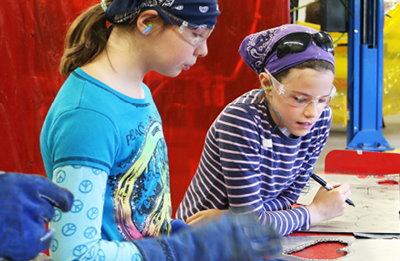
Rosie's Girls
VT EPSCoR provides financial support in the form of scholarships for economically-disadvantaged Vermont students to attend Rosie’s Girls, a STEM (science, technology, engineering and math) and Trades Exploration Program for middle school girls.
More ...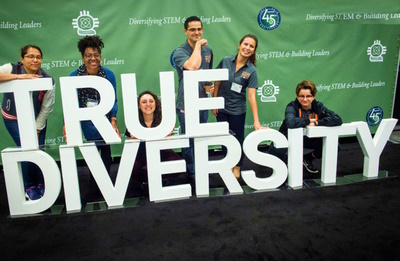
SACNAS
VT EPSCoR provides financial support in the form of scholarships for students to attend SACNAS (Society for the Advancement of Chicanos/Hispanics & Native Americans in Science) conferences.
More ...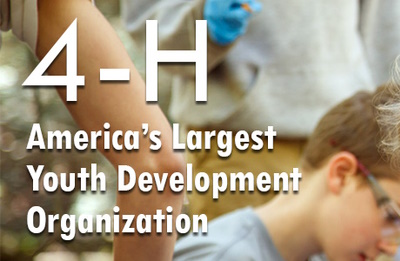
4-H
Vermont EPSCoR is a proud sponsor of the Vermont 4-H program. Sponsored 4-H activities include, Science Fun Day: Out of this World STEM Activities and the 4-H Natural Resources Management Academy.
More ...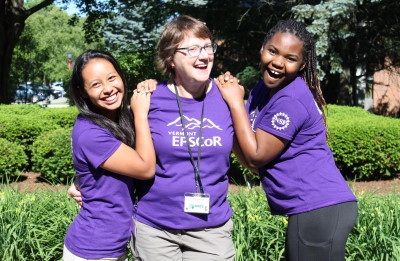
Curriculum Guides
VT EPSCoR and Vermont Public Television have teamed up to provide curriculum guides related to water issues in the Vermont Lake Champlain Basin. Guides are available for grades 6 - 12.
More ...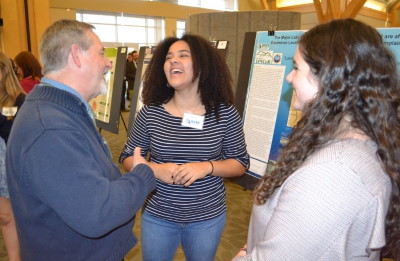
Educational Resources
Need assistance with making successful education and career decisions? The Vermont EPSCoR educational resource list will provide you with access to the information that you need.
More ...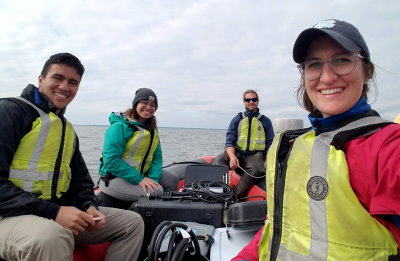
Undergraduate Internships
The Undergraduate Internship Program offers students the opportunity to participate in current research conducted through the Basin Resilience to Extreme Events (BREE) program.
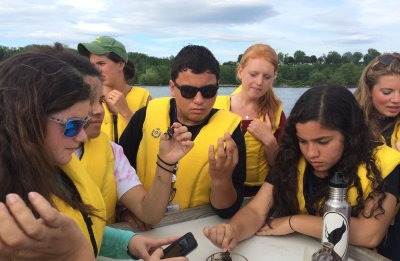
High School
The High School Program provides students and teachers the opportunity to develop skills in scientific methods and Earth systems.
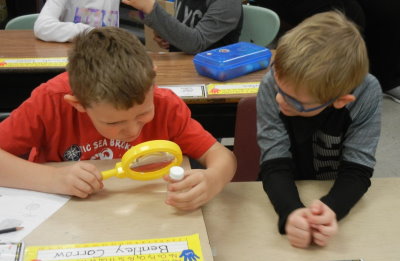
Middle School
The goal of the VT EPSCoR CWDD Middle School Outreach Program is to expose middle level teachers and students to scientific research.
More ...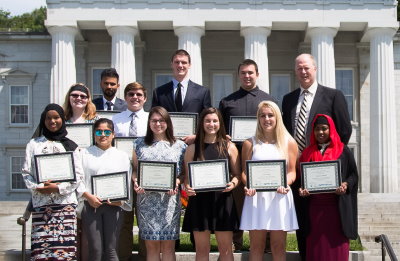
College Scholarships
As part of our work we are pleased to award Student Scholarships to Vermont students who enter STEM majors at a Vermont institution of higher education.
More ...
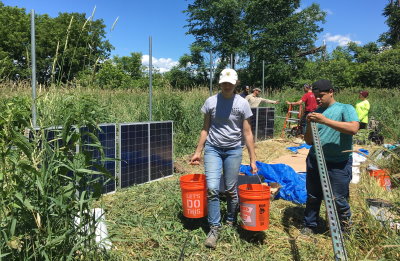 Join Us
Join Us
Want to learn more? Have a question about one of our programs? Interested in getting involved?
Email us at epscor@uvm.edu or visit one of the listed opportunities below.
 Communications
Communications
The Vermont EPSCoR communications team is responsible for using media to promote the activities of the VT EPSCoR members. Print magazines, videos and web/social media are all used to document the important work performed by VT EPSCoR.
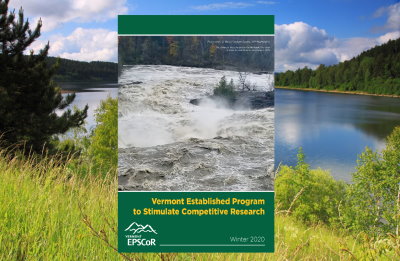
Magazine
The annual Vermont EPSCoR magazine showcases the worked performed by our VT EPSCoR team members.
More...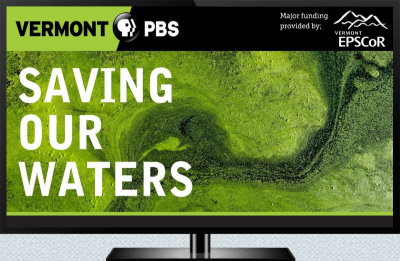
Television
Thought-provoking short documentaries and science programs are brought to you by VT PBS and Vermont EPSCoR.
More...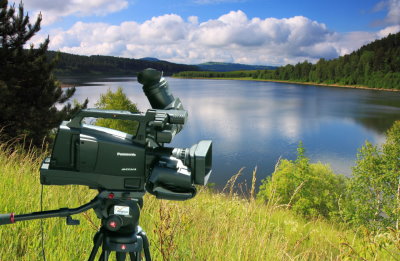
Videos
Part of our communicating science work involves the creation of short videos highlighting work performed by our research teams and many stakeholders.
More...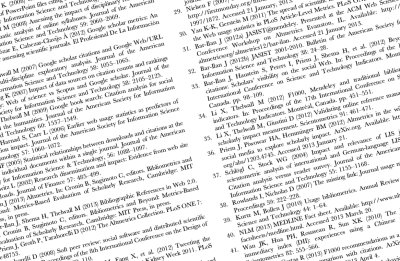
Citing VT EPSCoR
The National Science Foundation (NSF) requires grantees to acknowledge EPSCoR support in every publication (including World Wide Web pages) of any material based on or developed under the RACC and BREE grants.
More ...
Logo Downloads
The following logos are available for download:
- VT EPSCoR
- BREE
- RACC
- CWDD
- UVM

Social Media
Vermont EPSCoR uses social media to broadcast news, events, and solicitations pertaining to the work performed by our members.
More ...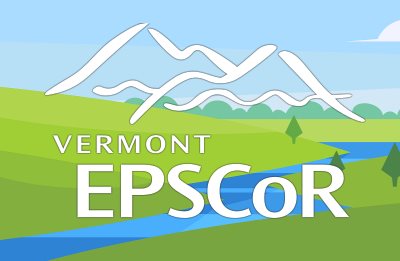
Newsletters
Newsletters produced by Vermont EPSCoR provide an insight into the work and offerings of our teams.
More ...
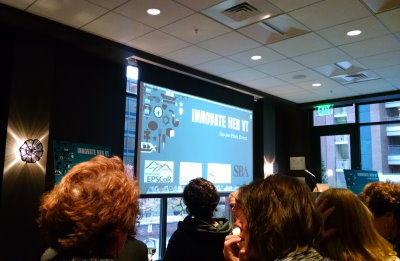 Private Sector
Private Sector
Our Private Sector programs provide seed funding and business development resources for small businesses, entrepreneurs, and researchers.
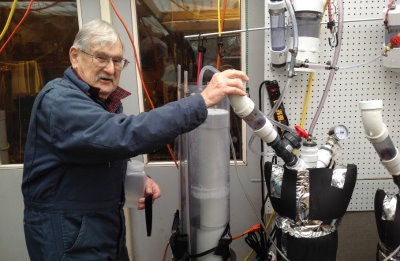
SBIR/STTR
Phase (0)
Vermont EPSCoR provides the opportunity for Vermont small businesses to compete for grants to foster research and development projects which will lead to application to federal Small Business Innovation Research (SBIR) programs. The main goal of the Vermont ESPCoR Phase (0) solicitation is to identify proposals that show promise for success in federal SBIR competitions.
More ...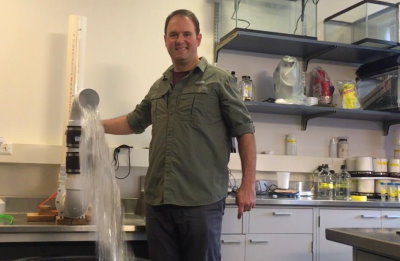
Pilot Awards
Vermont EPSCoR seeks collaborative proposals from higher education: small business partnerships for research that is complementary to our BREE research. These awards are for innovation and to move research forward. While undergraduate support is allowed, Pilot Awards are not intended for primarily undergraduate research.
More ...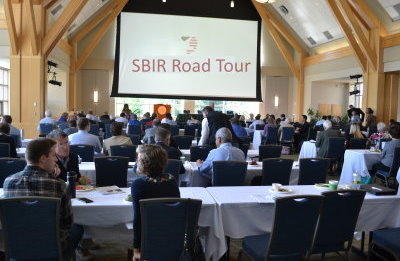
Travel Awards
Vermont EPSCoR offers travel awards to Vermont entrepreneurs who wish to attend regional and national SBIR/STTR conferences and workshops. These awards are typically offered twice a year: In the spring for the National SBIR/STTR Conference in Washington, DC; and in the fall for a regional SBIR/STTR-related conference or workshop.
More ...
LaunchVT
LaunchVT works with its community partners to provide business acceleration programs and resources that empower Vermonters to solve problems and create economic opportunity. Vermont EPSCoR funds LaunchVT’s Impact Award, given at their Demo Day pitch competition to the most innovative startup in terms of science, technology and engineering.
More ...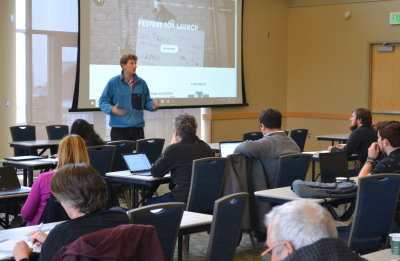
I-Corps
The National Science Foundation’s Innovation Corps (I-Corps™) program uses experiential education to help researchers gain valuable insight into entrepreneurship, starting a business, or industry requirements and challenges. Through I-Corps training, researchers can reduce the time to translate a promising idea from the laboratory to the marketplace.
More ...
Tech Jam
The Vermont Tech Jam is one of the few times each year when all of Vermont’s innovative companies come together under one roof to recruit talent and show off their latest projects. Held in October, Tech Jam allows Vermont techies to talk with recruiters, connect with other tech professionals, and learn about professional development from industry experts.
More ...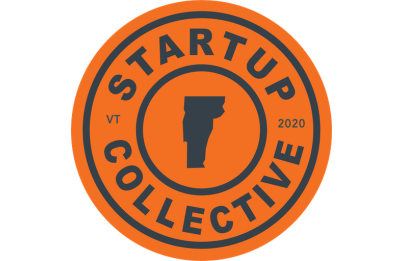
Vermont Startup Collective
The Vermont Startup Collective is a vibrant, inclusive, virtual platform that surrounds active and aspiring doers, creators, and innovators with constructive guidance from advisors and mentors, thought-provoking conversations with peers, and critical tools and resources to start and scale their companies in Vermont.
More ...Publications

| Use the checkboxes to the right to produce a list of published publications written by funded Vermont EPSCoR members. The list will be sorted by publication date (newest first). The filter can be used to show only those publications that contain your filter value in the title. |
